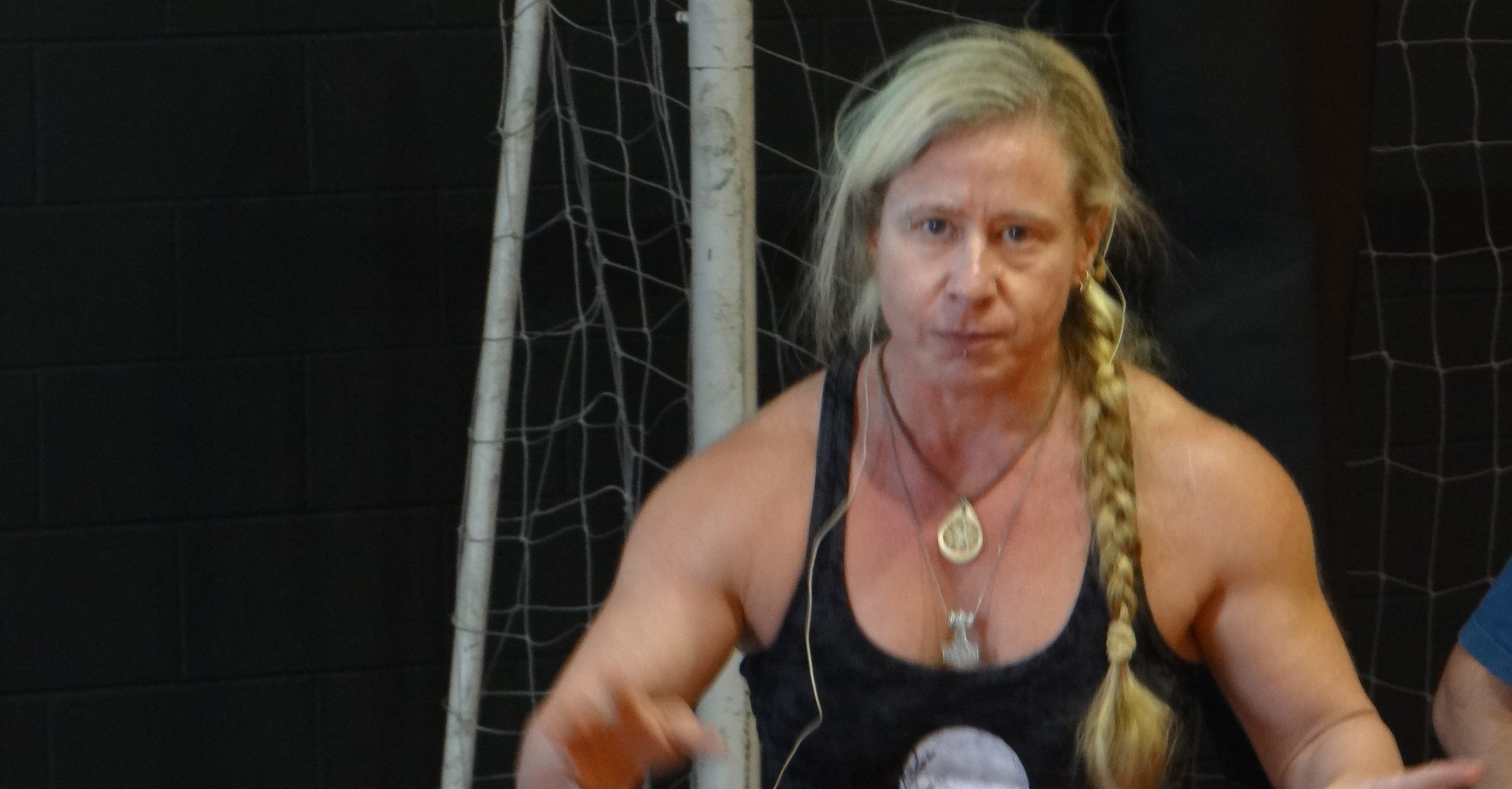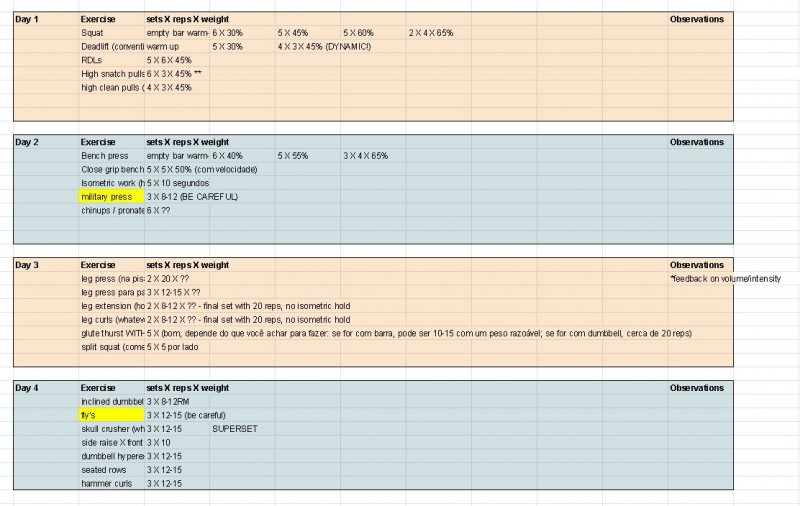
Last week, I described the general strategy for Dave’s program and I hope the takeaway for you was that a coach has zero control over the athlete’s external conditions: where he trains, his injuries, age, sex, available time and even motivation. It’s a package delivered to you to handle with the tools you have. These tools are training principles (that a coach should be familiar with through education), experience, and something I will collectively put under the “personality” umbrella but involves empathy, intuition, creativity, insight and whatever emotional and cognitive abilities the coach has.
People come to us in all shapes and forms and an infinite combination of weirdness when it comes to available time, available equipment and goals. It’s our job to make it work. It’s certainly less dramatic, but the analogy below works. Duct tape it is, and we are Houston.
Houston, we got a problem
In this coach log, you will be introduced to different micro-cycle lengths (a seven-day micro-cycle is not one of the ten commandments), apparently absurd specific lift frequencies and other duct-tape solutions to the many training problems people handed me to solve along the past 15 years.
Here is what Dave’s first week looked like (click to enlarge):
I gave him a few homework assignments:
- Journal absolutely everything, including warm-ups
- Time each training session (we needed to check if it fitted into his available training time)
- A thorough description of his subjective perception, beyond “pain”. That should include “feels funny”, “feels tight”, “feels a little off”, “feels good”, “something popped” or any other sensation.
- Conditioning component at work (sparring anyone? Anything done with a client/athlete that had a significant conditioning component?)
He could send these notes to me by any means: text, message, email, voice - whatever worked. This was a busy guy with a crazy work schedule trying to fit an organized training program into his life.
By the end of the week, we both concluded: “Jusqu’ici, tout va bien” (so far, so good). For those of you who never heard the expression, it comes from a French anecdote: a man is falling from a tall building and keeps saying to himself, as he passes each floor, “so far, so good”. What matters is not the fall, but the landing.
We’re all falling and we’re all going to land. All we can do is keep some control over the fall.











